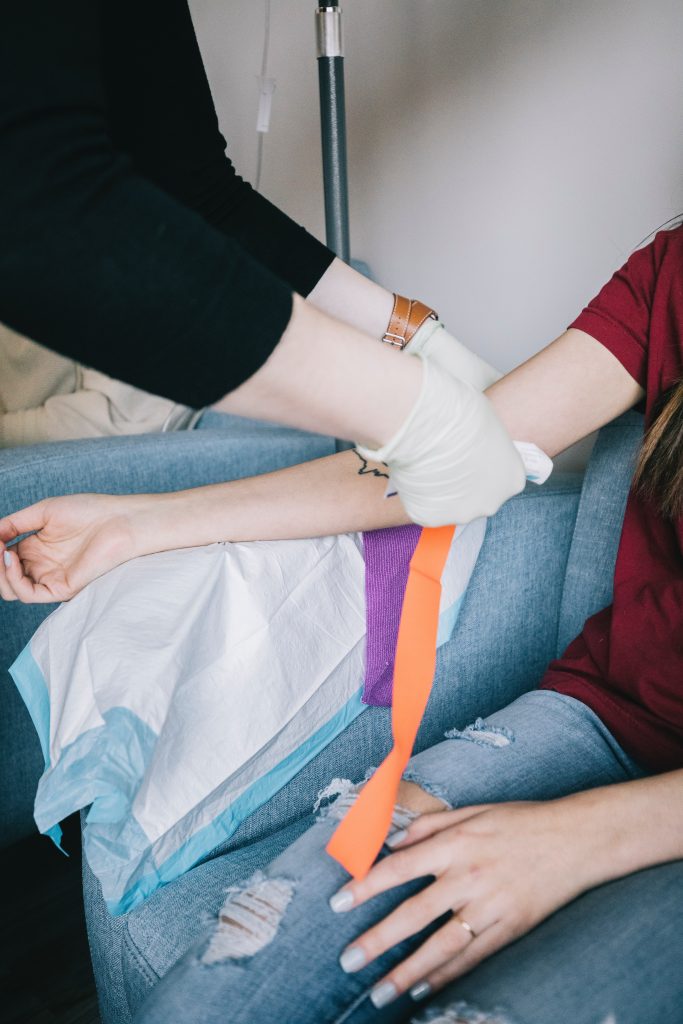
We owe a big debt of gratitude to our nation’s health care workers as they battle Covid-19. At the same time, we also owe their families. For every doctor, nurse, or hospital worker who is putting in long hours to keep us safe, there’s a spouse (and/or other family members) who is riding out this pandemic who fears for the safety of their loved one.
Spouses are also having to work overtime from home, tending kids and the elderly and managing the household. Because many health care workers are being vigilant about not infecting their family members, their spouses and family members may be alone in maintaining the household for the time being. They are doing all of this without fanfare.
The Emotional Toll on Spouses
The emotional toll on spouses is real and profound. If you are the spouse or the loved one of a health care worker on the front lines of fighting this virus, you may be experiencing a range of emotions. Pride may be accompanied by fear, fatigue, irritability, and sadness. You may feel resentful and then guilty, since the reason your spouse is unavailable is to help save the rest us. Surges of anger may be common, especially when you see someone ignoring the CDC’s advice or trivializing the crisis. These swings in emotion are normal reactions to abnormal stress.
Significant stress responses like PTSD aren’t just a problem for those on the front lines of a crisis. Research suggests that witnessing or learning about someone else’s fear can cause PTSD. This means that loved ones of our medical professionals, who are hearing daily about the life-or-death situations playing out in hospitals all over the U.S. are at risk.
What Can You Do to Help?
Please extend your appreciation for health care workers to their families. If you know a family that includes a health care worker, assume the whole family could use kindness, support, and thanks. And if you know that the spouse of a caregiver is having a particularly hard time, please send them information about bystander stress. It can also be helpful to talk to a counselor with experience in treating trauma.
Our country’s medical professionals and hospital workers need all of the support they can get. Part of that support needs to extend to their families, who are also hurting during this time.
